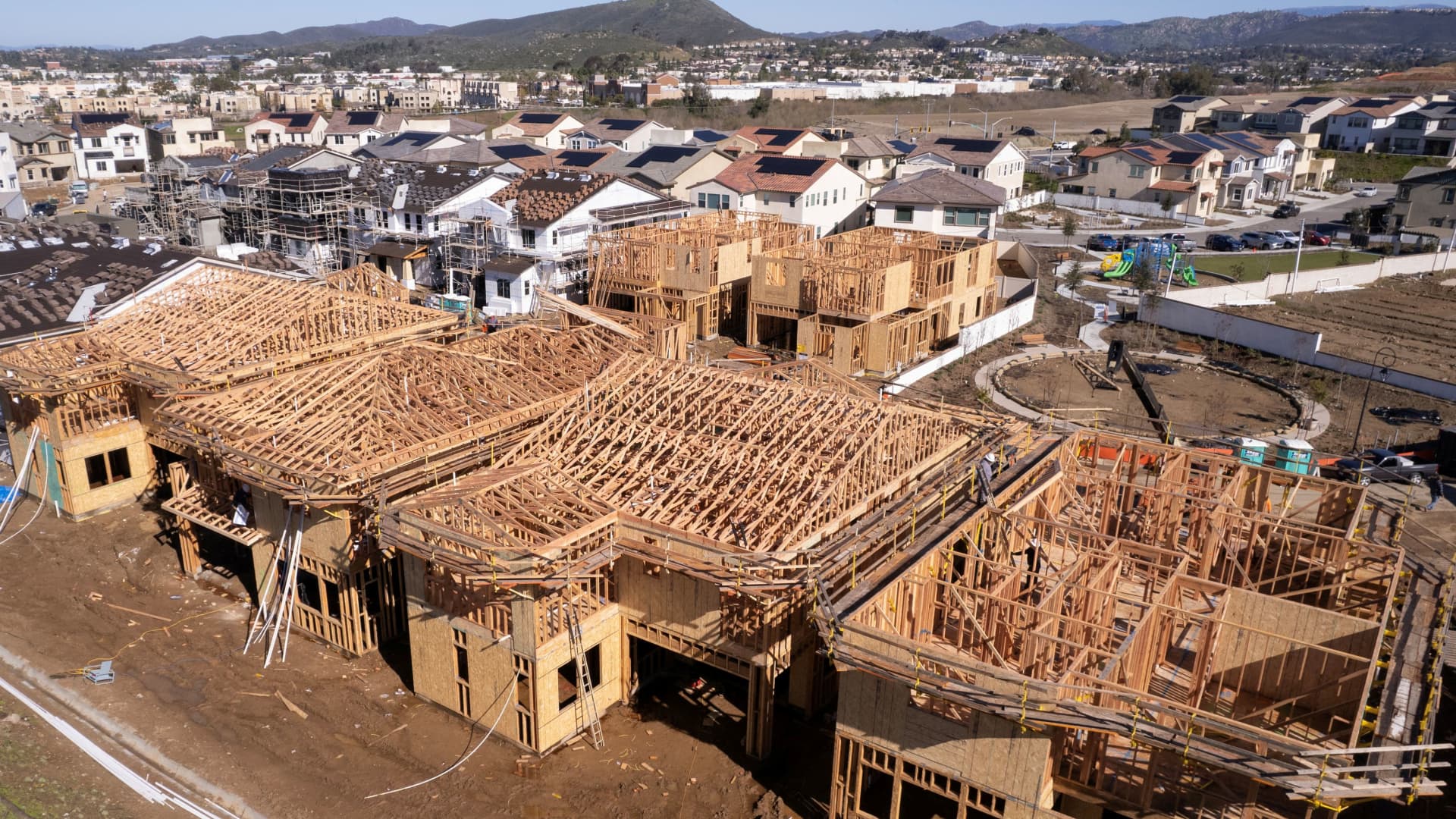Seattle voters approved a nearly $1 billion affordable housing measure Tuesday in a vote supporters say underscored the scale of the city’s housing crisis.
About 66% of city voters supported the Seattle Housing Levy in early returns Tuesday.
The Seattle Times estimates there are still about 100,000 votes to be counted in the race. More than two-thirds of remaining ballots would need to be “no” votes for the levy to fail, according to The Times’ analysis.
The result showed voters’ interest in “coming together” to address affordable housing and homelessness, said Mari Horita, co-chair of the levy campaign, from a victory party at a Capitol Hill brewery.
“The willingness to invest more is the acknowledgment that this is a huge humanitarian crisis,” Horita said.
The levy will raise property taxes to generate $970 million over seven years, replacing an existing levy that expires at the end of 2023. Historically popular with voters, the measure is one of Seattle’s primary sources of funding for affordable housing.
The measure will help fund construction of new affordable homes, services in subsidized housing, rent assistance and wage increases for front-line employees who work in supportive housing.
About $707 million over seven years will help fund construction of about 2,900 new rental homes and renovations to about 600 existing homes for people making 60% of area median income or less, about $74,000 for a family of three.
An additional $51 million will help fund construction of affordable homeownership developments, $30 million will pay for rent assistance for 4,500 tenants facing eviction and $122 million will fund operations and wage boosts for social workers. The city expects administration of the levy to cost about $60 million, or 6% of the levy revenues over seven years.
The levy is more than triple the size of its predecessor. Advocates said the city’s housing shortage and homelessness crisis demanded a larger response.
Even so, the levy will meet only a fraction of Seattle’s affordable housing needs. The city expects the levy to help fund an estimated 3,200 new homes for people with low and moderate incomes over its entire span of seven years. County projections estimate Seattle needs 3,500 new homes in that income range every year to meet the growing demand in the next two decades.
Supporters say the levy could exceed its promises. The last levy promised 2,500 new or renovated rental homes and so far has funded about 3,300, according to a recent oversight report.
Seattle property owners will pay 45 cents per $1,000 of their property’s assessed value to fund the measure. That amounts to about $385 a year for a median $855,000 home, a $260 increase from the current levy charge.
Although tax revenues will increase threefold from the previous levy, the number of homes the levy funds will not increase at the same rate. The city blames rising land and construction costs, and plans to fund larger, more expensive rental homes for families. Seattle construction costs have climbed nearly 60% since 2016, when the last housing levy passed, according to the Mortenson Construction Cost Index.
The campaign supporting the levy raised more than $500,000 and paid for a flurry of mailers and online ads. Top donors included Habitat for Humanity Seattle-King and Kittitas Counties, Amazon, developer Matt Griffin and philanthropist Connie Balmer. Unions, nonprofit developers and for-profit builders also backed the measure.
The levy did not face an organized opposition campaign. The proposal’s most vocal opponent, Seattle for Growth director Roger Valdez, argued the city should instead focus on streamlining construction.
















